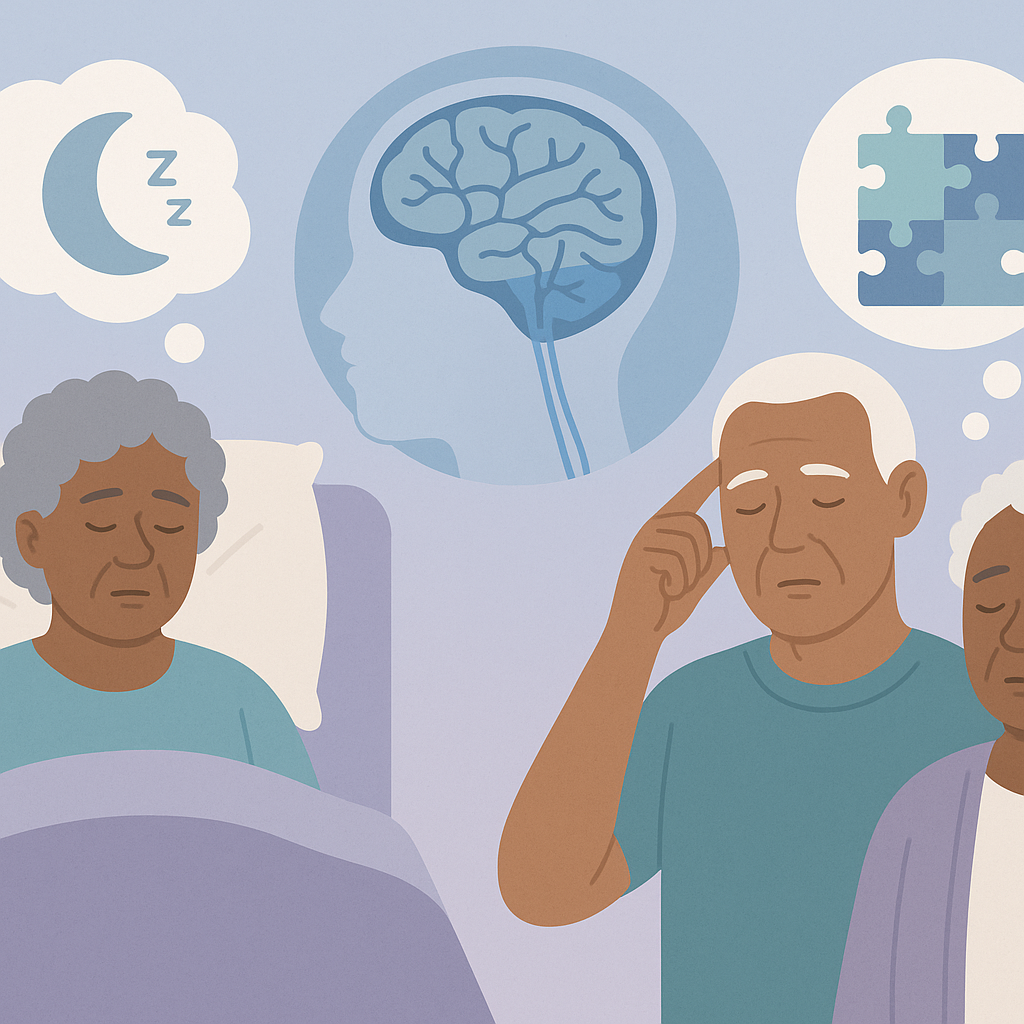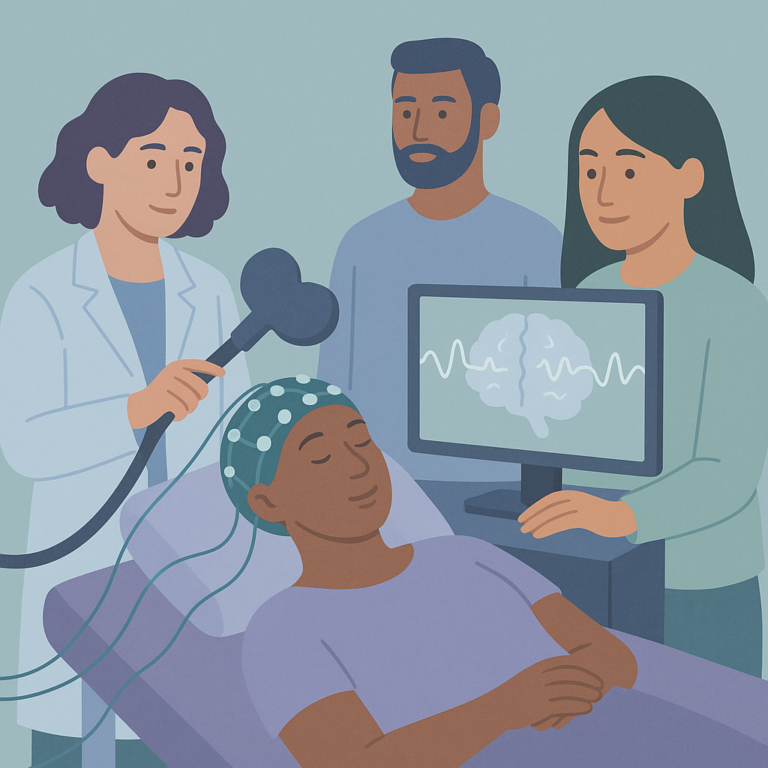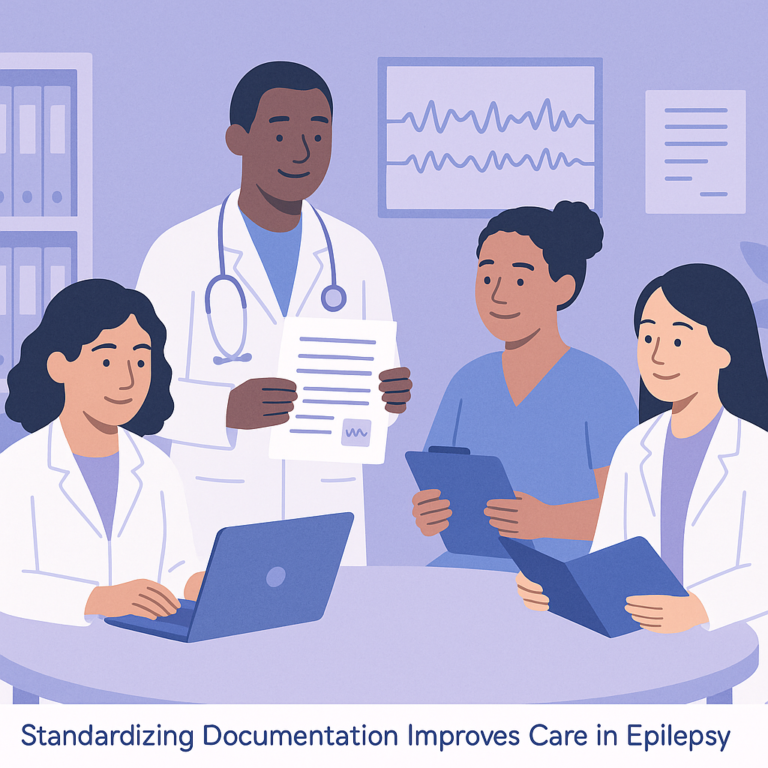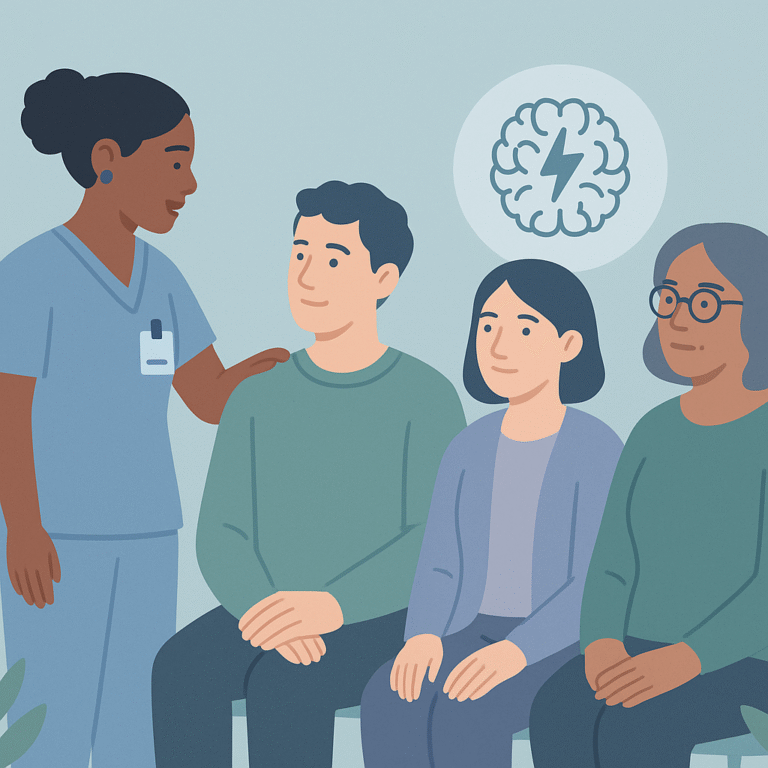Glymphatic System Issues Linked to Sleep and Memory Problems in Seniors
Summary
Researchers studied how problems with the glymphatic system, which helps clear waste from the brain, might affect cognitive decline in elderly patients with late-onset epilepsy (LOE) who also have chronic insomnia. The study involved 42 elderly patients with LOE—17 of whom had chronic insomnia and 25 who did not—as well as 22 healthy older adults for comparison. They used advanced imaging techniques and blood tests to gather data on brain health and cognitive function.
The main findings showed that patients with LOE had lower levels of the glymphatic system function and specific brain biomarkers compared to healthy individuals. Those with both LOE and chronic insomnia had even worse results. Additionally, the study found that lower glymphatic function was linked to older age, longer duration of epilepsy, poorer sleep quality, and worse cognitive performance.
These findings are important because they suggest that dysfunction in the glymphatic system may worsen sleep problems and cognitive decline in older adults with epilepsy. However, it is essential to note that this study had a small number of participants and was observational, meaning it cannot prove cause and effect. More research is needed to understand these relationships better.
Related reading
- New Model Predicts Dementia and Death Risk in Older Veterans
- New Diazepam Film Offers Hope for Kids with Epilepsy
- Boosting Self-Efficacy Can Improve Life for Kids with Epilepsy
- Neurologists Generate More Revenue Than Nonneurologists After Patient Visits
- Correction on Neurostimulation Study for Epilepsy and Tourette Syndrome
- Vagus Nerve Stimulation May Help Treat Immune Diseases
Free: Seizure First Aid Quick Guide (PDF)
Plus one plain-language weekly digest of new epilepsy research.
Unsubscribe anytime. No medical advice.





